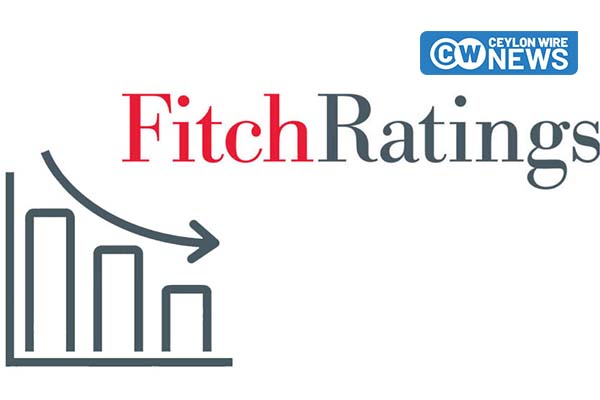In a statement released today, Fitch Ratings has expressed apprehension regarding the ambitious fiscal targets set by the Sri Lankan government, deeming them challenging to achieve and fraught with a high degree of risk in implementation.
Wednesday, November 15, 2023 – 4:49 AM ET
Full Statement: Sri Lanka’s Ambitious Budget Agenda Faces High Implementation Risks
Hong Kong, November 15, 2023 – Fitch Ratings has cast doubt on the feasibility of the targets outlined in Sri Lanka’s 2024 budget, asserting that they will pose a significant challenge, even considering the anticipated economic recovery in the coming year.
The fiscal deficit for 2024, projected by the government at 9.1% of GDP, is expected to be wider than Fitch’s current forecast of 7.1%. This estimate excludes bank recapitalization costs. Additionally, the revenue/GDP ratio is predicted to be lower than initially assumed by Fitch Ratings.
Fitch Ratings notes that the government’s budget deficit target of 9.1% in 2024, widened from a revised estimate of 8.5% in 2023, could narrow to 7.6% if bank recapitalization costs are excluded. The primary surplus goal for 2024, excluding recapitalization, aligns with projections made by the IMF in March during the approval of Sri Lanka’s USD 3 billion Extended Fund Facility (EFF). However, the government’s expenditure target for 2024, set at 22.2% of GDP, surpasses the 19.7% envisioned by the IMF and the revised budget estimate of 18.7% for 2023.
Fitch Ratings underscores the considerable risks associated with the government’s revenue goal for 2024, emphasizing Sri Lanka’s historical fiscal slippage. Despite plans for a 3 percentage point increase in the value-added tax to 18%, revenue collection fell 29% short of the target over the first nine months of 2023. The projection of nearly a 45% increase in revenue for 2024 is ambitious, with potential offsetting factors such as a modest economic growth projection of 3.3% and a weaker boost from inflation, projected at 8.7% compared to 22.1% in 2023.
Downside risks to revenue may be countered by lower-than-budgeted spending, with the government inclined to adhere to its spending plans, including a 14% increase in salaries and wages. The government’s efforts to implement governance reform, as proposed in the budget, may support revenue collection. This includes the establishment of a new revenue authority and an investment law to create a National Economic Commission.
Fitch Ratings currently rates Sri Lanka’s Long-Term Foreign-Currency Issuer Default Rating (IDR) at ‘RD’ (Restricted Default) and may consider moving it out of ‘RD’ upon the completion of a commercial debt restructuring that normalizes the country’s relationship with the international financial community. Sri Lanka’s post-default rating will depend on Fitch’s assessment of its credit profile. In September, Fitch upgraded Sri Lanka’s Long-Term Local-Currency IDR to ‘CCC-‘, reflecting the completion of the local-currency portion of Sri Lanka’s domestic debt optimization plan.









